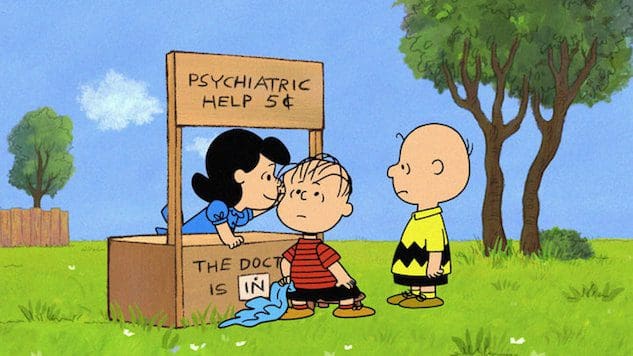Types of Therapists
I have worked with a total of four therapists throughout the years, and they have all varied in terms of their therapy style. I recently talked to a friend of mine about her therapist’s method. It was not anything like the ones I have experienced. This got me thinking about how therapists can differ along with the effectiveness of your treatment.
Here are some of the methods my therapists have used. Caveat!—this list represents a small portion of therapy styles. There are many more out there.
The Listener
Maybe you’re thinking: don’t all therapists listen?
Yes, it is part of their job. But some therapists prefer to talk to you more than others. The Listener doesn’t: they may prompt you at the start of the session, but they remain quiet for most of the session. They let you take over. This type of therapy involves the therapist letting silence sit between you to help you reveal more of your process. This is a tactic that is incredibly effective for some, including family members I have talked to.
But for me it was not. I found myself nervously filling in the silence, but my fillers were kind of pointless—typically “I don’t know.”
The Friend
I have never personally had this kind of therapist, but two of my friends currently do. The Friend is a therapist technique that aims to make the person more comfortable. My own friends have described it as an open and familiar dialogue where the therapist is more vocal than other kinds of therapists. One of my friends has said that each appointment feels like catching up with a friend over lunch to talk about your week. The goal of The Friend is to build trust between you and them by creating a comforting and informal atmosphere.
The Writer
The technique that has worked the best for me has been when the therapist integrates writing into our therapy. The best therapist I had gave each of her patients a journal during their first session. She didn’t require me to use it, but she requested that I would at least consider writing down some of what I was feeling.
Because I was already a big fan of writing, each session she gave me writing prompts. When I arrived each week, I would begin reading aloud what I had written, and my writing responses generated discussion. For me, this was immensely effective.
Therapy has always been a little bit threatening for me, and even if I’ve worked with a therapist for a long time, I have found it difficult to open up fully. Reading my responses aloud helped me more easily transition into sharing more. The goal of this therapist is to help you open up to them through your own written responses to her questions: this way, you won’t forget certain subjects to bring up and your own writing will pinpoint how you are getting better.
These are just three of the many types of therapists I have had or heard about. Have you had any therapists with different techniques? What did you find effective or ineffective? Please share below; I would love to hear your experience!





Recent Comments